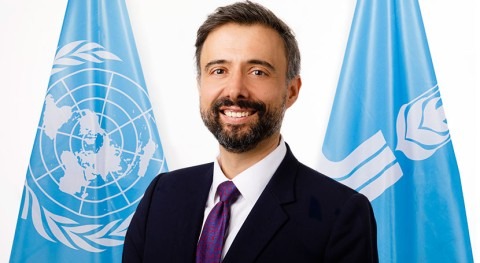WHO has published a new Research Agenda for Antimicrobial Resistance (AMR) in Human Health.
Improvements in water sanitation and hygiene (WASH) and wastewater management in all sectors are critical elements of preventing infections and reducing the spread of AMR.
The new research agenda two priorities on WASH in communities and WASH in health care settings:
- To investigate the impact, contribution, utility, effectiveness, and cost-effectiveness of interventions to ensure safely managed WASH (including hand hygiene) and waste management practices in community settings on reducing the burden and drivers of AMR, such as unnecessary antibiotic use for diarrhoeal diseases in low- and middle-income countries.
- To investigate implementation strategies of WASH-related interventions in health-care settings (including ensuring access to safely managed water and sanitation, safe hand hygiene, safe management of waste and environmental cleaning), and assess their impact, acceptability, equity, and cost-effectiveness on the burden and transmission of resistant health care associated infections and antimicrobial medicine prescribing across socioeconomic settings.
Explore “Global research agenda for antimicrobial resistance in human health” here.


















